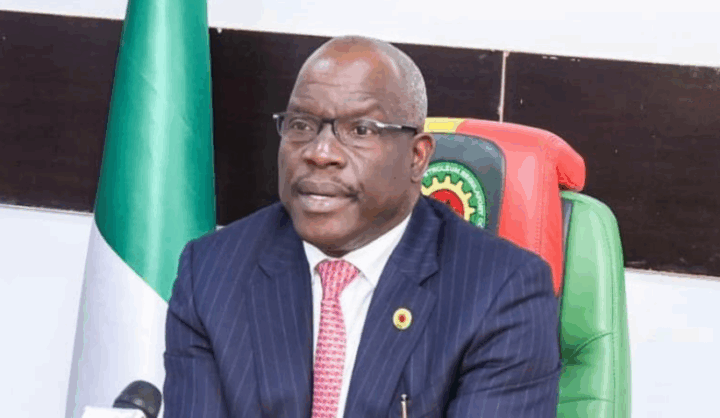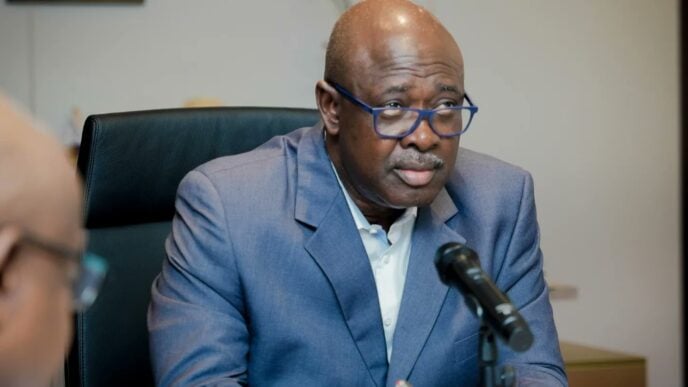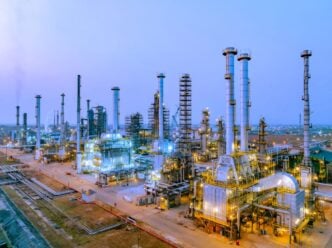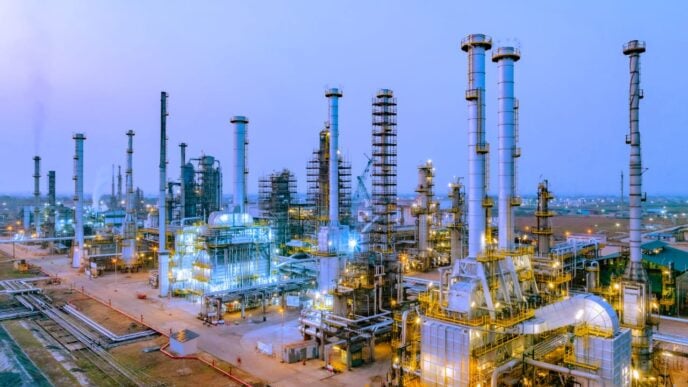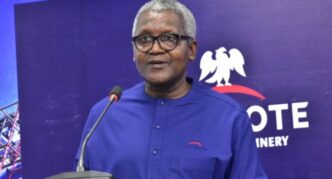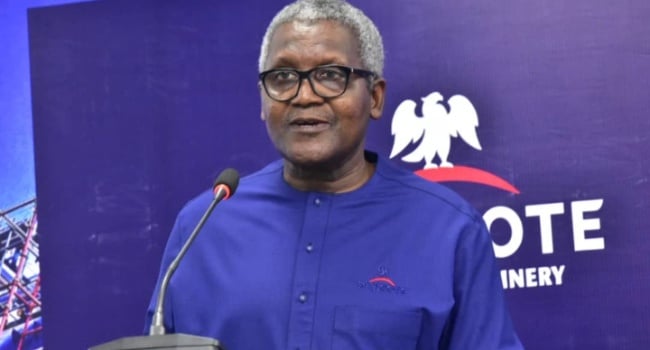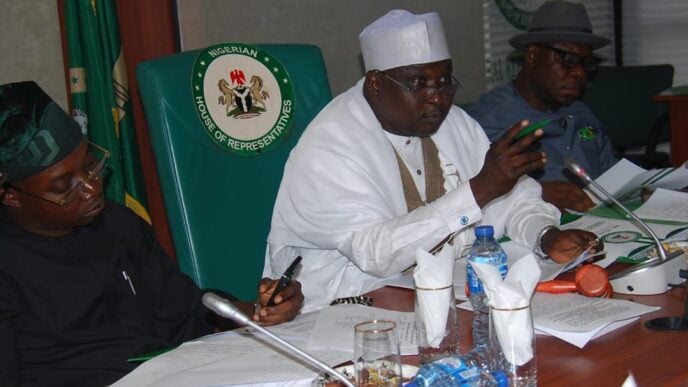Gbenga Komolafe, chief executive officer of the Nigerian Upstream Petroleum Regulatory Commission (NUPRC), says Africa will require more than $600 billion annually in upstream oil and gas investment to meet its fast-growing energy demands.
Komolafe said Nigeria is “well-positioned and fully prepared” to attract a substantial share of the capital inflow needed to power the continent’s development sustainably.
The NUPRC CEO spoke in London at the 2025 edition of the Africa Energies Summit, where Nigeria presented a suite of new initiatives to attract investors and deepen exploration in its upstream oil and gas sector.
He said the transparent bid rounds in 2022 and 2024 have re-established Nigeria as a global oil and gas investment hub, adding that the commission aims to position the nation as a resilient, reform-driven, and investment-ready leader in Africa’s energy renaissance.
Advertisement
“As the world races towards a low-carbon future, projections from BP’s Energy Outlook 2024 remind us that hydrocarbons will still supply over half of global energy needs by 2050,” Komolafe said.
‘AFRICA’S ENERGY DEMAND TO GROW BY 30% by 2040’
Speaking further, he said Africa’s energy demand is set to rise by 30 percent by 2040, driven by population growth, industrialisation, and the pursuit of universal energy access.
Advertisement
“Meeting this demand sustainably will require over $600 billion in upstream investments annually through 2030, according to a study conducted by the International Energy Forum last year,” Komolafe said.
“This investment is not just desirable; it is absolutely necessary if Africa is to meet its developmental goals and transition sustainably. Interestingly, the global community increasingly recognises that the path to net zero must be just, inclusive, and region-specific.
“Against this backdrop, Nigeria is forging a pragmatic and forward-looking path, recognising that for Africa, climate action must be intrinsically linked with development and universal energy access.”
Komolafe highlighted how the 57 petroleum prospecting licences (PPLs) awarded in 2022, the 2022 mini-bid round, and the 2024 licensing round, have reshaped Nigeria’s energy landscape.
Advertisement
‘ALL ROUNDS CONDUCTED WITH UNPRECEDENTED TRANSPARENCY’
He said each award and round was marked by exceptional transparency, strong competitiveness, and robust investor engagement.
“Collectively, they have repositioned Nigeria as a prime destination for oil and gas investment while reaffirming our commitment to global standards of excellence, innovation, and partnership,” he said.
“Our oil and gas sector has seen a significant surge in investment. New investors, empowered by clarity and quality, have entered our sector; oil and gas reserves and production have increased, while rig counts have surged from eight in 2021 to 36 currently, with projections to reach 50 by the end of the year.
Advertisement
“This momentum reflects a bold new chapter, one driven by ambition, resilience, and opportunity. With 210.54 trillion cubic feet of natural gas reserves, the largest in Africa, and 37.28 billion barrels of crude oil reserves, Nigeria holds enormous reserves.”
He said the milestones were achieved with the help of the Petroleum Industry Act (PIA) 2021, which brought certainty to the industry and high-quality geological and technical data.
Advertisement
The NUPRC boss said the country’s national production target is 3 million barrels per day, emphasising the need for ongoing investment to develop new basins and frontier fields for future energy demands.
Komolafe further highlighted NUPRC’s ambitious data campaign, which acquired over 11,000 square km “of 3D seismic data as part of the 56,000 sq km Awalé Project”.
Advertisement
